
ORNL researchers Valentino Cooper, Howard Wilson and Jiaqiang Yan have been named Fellows of the American Physical Society, a distinction recognizing their outstanding contributions to their fields.

ORNL researchers Valentino Cooper, Howard Wilson and Jiaqiang Yan have been named Fellows of the American Physical Society, a distinction recognizing their outstanding contributions to their fields.
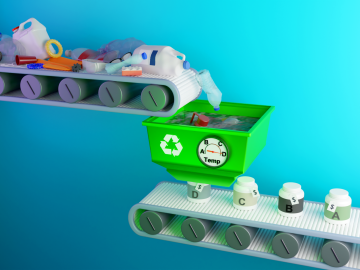
Little of the mixed consumer plastics thrown away or placed in recycle bins actually ends up being recycled. Nearly 90% is buried in landfills or incinerated at commercial facilities that generate greenhouse gases and airborne toxins.
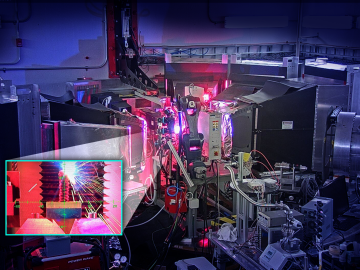
Using neutrons to see the additive manufacturing process at the atomic level, scientists have shown that they can measure strain in a material as it evolves and track how atoms move in response to stress.
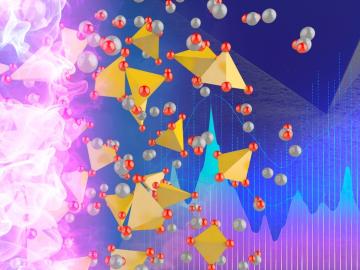
As current courses through a battery, its materials erode over time. Mechanical influences such as stress and strain affect this trajectory, although their impacts on battery efficacy and longevity are not fully understood.
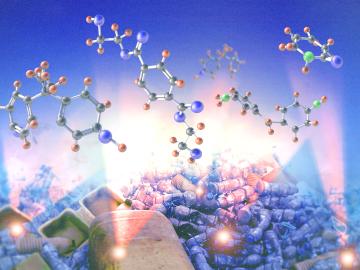
Almost 80% of plastic in the waste stream ends up in landfills or accumulates in the environment.
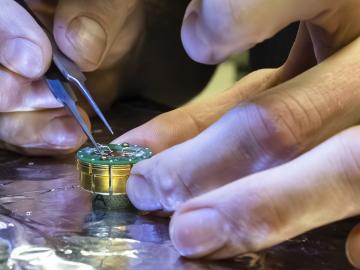
Quantum computers process information using quantum bits, or qubits, based on fragile, short-lived quantum mechanical states.
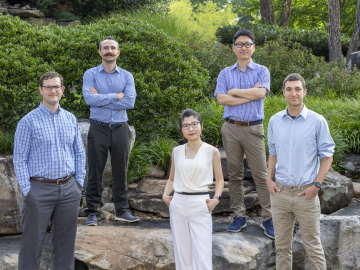
Since its inception in 2010, the program bolsters national scientific discovery by supporting early career researchers in fields pertaining to the Office of Science.

Elbio Dagotto and Hu Miao, scientists in the Materials Science & Technology Division, have been recognized as Reviewer of the Year by the Journal npj Quantum Materials.
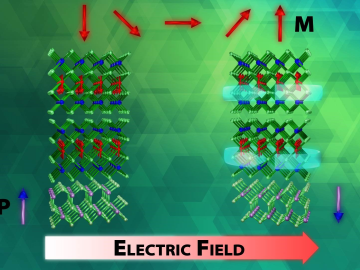
An advance in a topological insulator material — whose interior behaves like an electrical insulator but whose surface behaves like a conductor — could revolutionize the fields of next-generation electronics and quantum computing, according to scientist
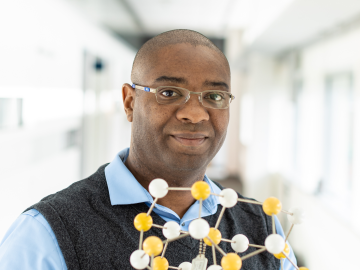
Valentino “Tino” Cooper, a scientist at ORNL, has been appointed to DOE’s Basic Energy Sciences Advisory Committee for a three-year term.

